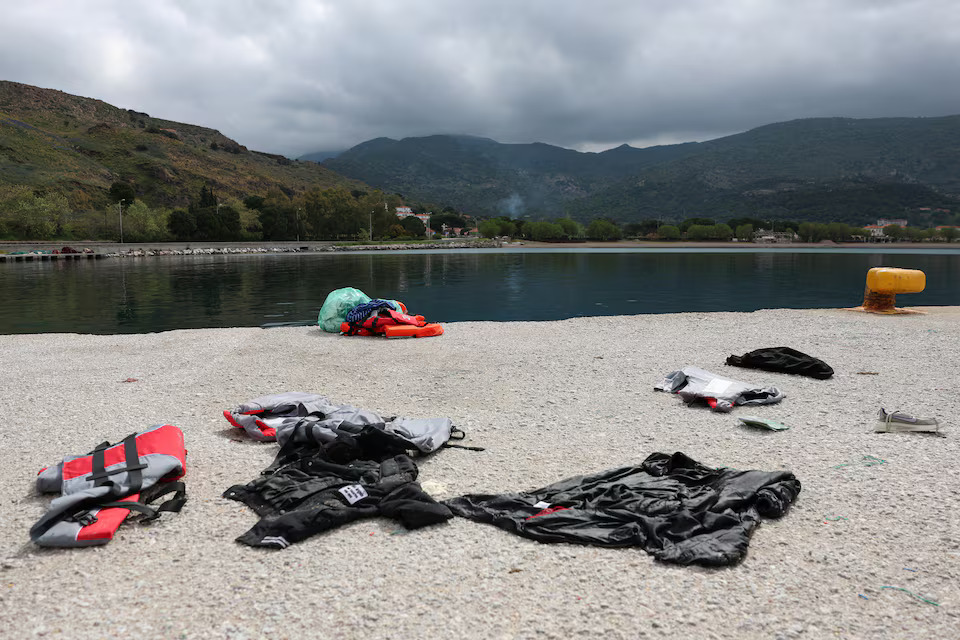Greek authorities have started a large search-and-rescue operation off the island of Lesbos after seven migrants were rescued from the sea southwest of Cape Agrilia. The Hellenic Coast Guard confirmed the rescue on Monday, saying efforts are still ongoing to find anyone who might still be missing.
According to the Coast Guard, two other people were found unresponsive during the operation. Emergency teams continue to search the area with the help of vessels, a helicopter, and land-based Coast Guard units to ensure no one is left behind.
This latest incident highlights the dangerous journeys migrants continue to make across the Mediterranean in search of safety and better opportunities. The waters around Lesbos, one of the main entry points into Europe, have seen many such rescue missions in recent years.
Greece remains one of the main gateways into the European Union for people fleeing war, poverty, or instability in the Middle East, Africa, and Asia. But the country has recently taken stricter measures to control irregular migration, following a rise in arrivals from Libya through the Greek islands of Crete and Gavdos.
Authorities say they are committed to protecting lives at sea while maintaining border security. However, rights groups often question whether stronger migration controls might endanger people trying to cross.
Why do so many migrants risk their lives on these dangerous sea routes? Many experts believe it is because legal pathways to Europe are limited, leaving migrants with no choice but to turn to smugglers and unsafe boats.
The ongoing rescue near Lesbos reflects both the human cost of migration and the challenges faced by European countries in balancing compassion with border control. As the operation continues, officials hope to locate any missing persons and provide survivors with medical care and support.

